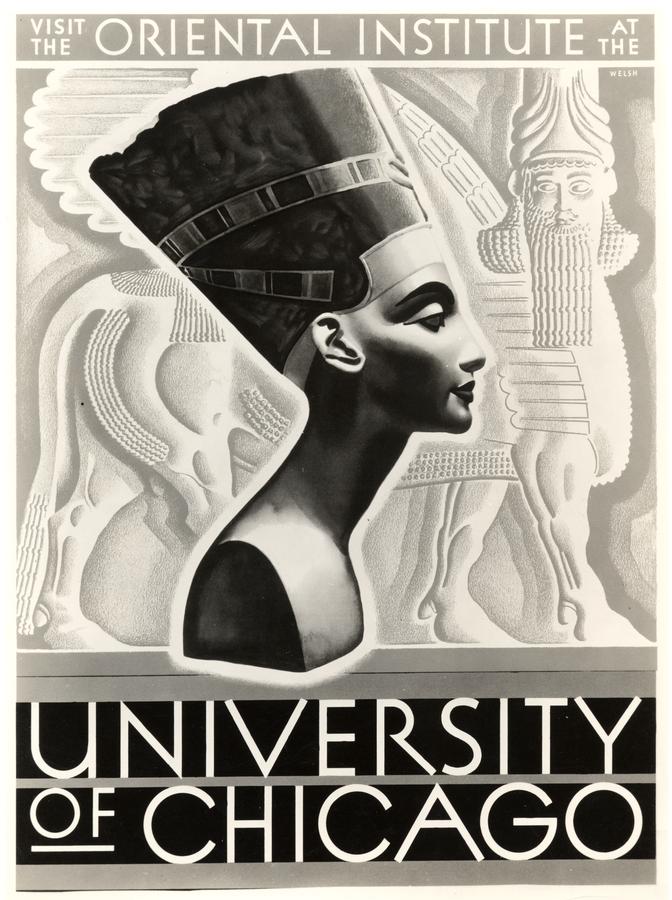University of Chicago News
April 6, 2010
A team of archaeologists from the University of Chicago’s Oriental Institute has joined a team of Syrian colleagues in excavating a key site from the prehistoric society that formed the foundation of urban life in the ancient Middle East.
The site already has yielded evidence of trade in obsidian, rich agricultural production and the development of copper processing — all of which flourished long before people domesticated pack animals for transportation or invented the wheel. The early culture also spawned a social elite that engaged in trade with far–flung regions and used stone seals to mark ownership of goods.
The American and Syrian archaeologists are digging at the long–known, but previously unexcavated mound of Tell Zeidan, which is one of the largest sites of the Ubaid culture in northern Mesopotamia. Tell Zeidan dates from between 6000 and 4000 B.C. and is expected to shed much light on the Ubaid period (about 5300–4000 B.C.), which immediately preceded the world’s first urban civilizations in the ancient Middle East...

See Video
Archaeologists Uncover Land Before Wheel; Site Untouched for 6,000 Years
National Science Foundation Press Release 10-054
April 6, 2010
A team of archaeologists from the University of Chicago's Oriental Institute, along with a team of Syrian colleagues, is uncovering new clues about a prehistoric society that formed the foundation of urban life in the Middle East prior to invention of the wheel.
The mound of Tell Zeidan in the Euphrates River Valley near Raqqa, Syria, which had not been built upon or excavated for 6,000 years, is revealing a society rich in trade, copper metallurgy and pottery production. Artifacts recently found there are providing more support for the view that Tell Zeidan was among the first societies in the Middle East to develop social classes according to power and wealth.
Tell Zeidan dates from between 6000 and 4000 B.C., and immediately preceded the world's first urban civilizations in the ancient Middle East. It is one of the largest sites of the Ubaid culture in northern Mesopotamia...

View a video narrated by Gil Stein, lead researcher and director of the University of Chicago's Oriental Institute.
See the chronicle of news about the Oriental Institute.





 Stumble It!
Stumble It!


No comments:
Post a Comment